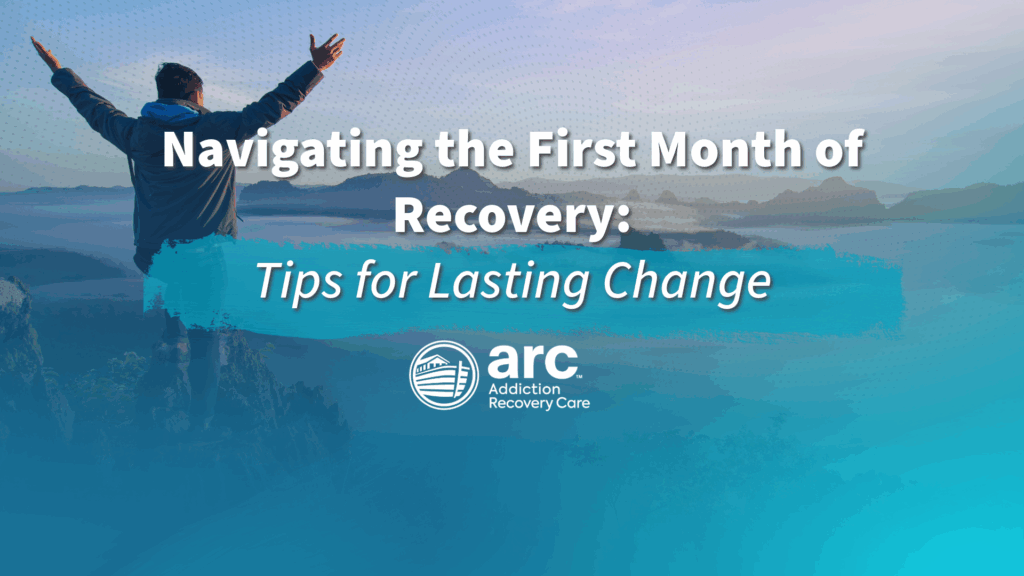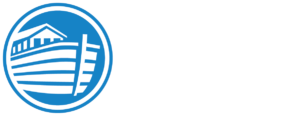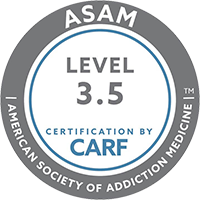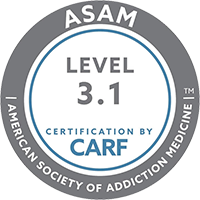
The first 30 days of recovery from addiction can feel like the longest, most challenging, and emotional period a person has ever faced. It’s a season filled with hope and fear, clarity and confusion, and the raw process of learning how to live without substances. For those just beginning their journey or walking alongside someone who is, understanding what to expect in this fragile but crucial phase can make all the difference.
Here’s what many in long-term recovery wish they had known in the earliest days:
1. It’s Okay to Not Feel Okay
Many assume that sobriety will bring immediate relief, but early recovery often begins with discomfort. Detoxing—physically, emotionally, and spiritually—can feel overwhelming. The brain and body are adjusting, and it’s common to experience exhaustion, mood swings, and uncertainty. This discomfort doesn’t mean something is wrong. It means healing is happening.
2. You Don’t Have to Do It Alone
Isolation feeds addiction. Community fosters recovery! Connection is critical, whether through residential or outpatient treatment, faith-based support, therapy, or peer recovery programs. Support systems provide accountability, encouragement, and the reminder that no one has to face recovery alone. Healing grows where people walk together.
3. Feelings Won’t Kill You – But Not Dealing With Them Might
Addiction often serves as a way to avoid or numb painful emotions. In recovery, those emotions return sometimes, all at once. Fear, shame, anger, grief, and guilt may surface. While overwhelming at times, these feelings are part of the human experience. Learning to face them, rather than escape them, is a key part of the process. The feelings won’t last forever, but they must be felt to be released.
4. Cravings Don’t Mean Failure
Cravings can be intense, especially in the first month, but having a craving doesn’t mean a person is failing or destined to relapse. Cravings are signals, not commands. With support and the right tools, they can be managed. Over time, the ability to navigate cravings builds confidence and resilience.
5. Small Wins Are Big Victories
Early recovery isn’t defined by grand accomplishments. It’s built on small, consistent choices such as making your bed, going to a meeting, eating a meal, and choosing to call a sponsor instead of using. These moments of progress add up. Celebrating small wins reinforces the truth that each step forward matters.
6. Guilt and Shame Aren’t the Same — and Neither Defines You
Guilt acknowledges actions; shame attacks identity. Recognizing the difference is critical in recovery. While guilt can motivate change, shame keeps people stuck. Recovery offers the chance to make amends, heal relationships, and discover a new identity rooted in grace, not regret.
7. Things Get Better — Even If They Don’t Feel Better Yet
The first 30 days can be messy, but they are also sacred. They represent the beginning of a new life, one built on honesty, courage, and hope. Change is happening, even when it’s not immediately visible. The foundation for long-term recovery is being laid, one decision at a time. Stay close to the people who want to help. And don’t quit before the miracle happens, because it will happen.
8. Stay In The Fight
Recovery isn’t about perfection; it’s about progress. The early days may be filled with uncertainty, but they are also filled with potential. For those in their first 30 days, know this: you are not alone, you are not beyond help, and your past does not define you.
Stay in the fight. Lean on your support. Keep showing up, because healing is happening, and your best days are still ahead.





